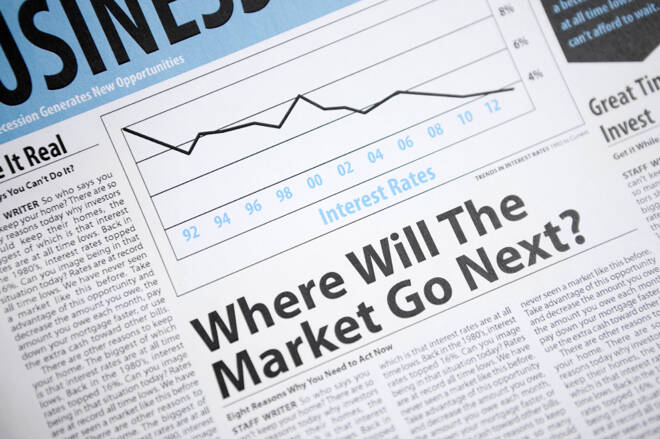Advertisement
Advertisement
The Black Swan is Now White
By:
A number of disruptive events have made 2016 the black swan year. Brexit, geopolitical events and mostly Donald Trump convinced us that the black swan is no longer black.
When Kevin Durant moved to the Golden State Warriors last summer, sports fans were disappointed, amazed and uninspired. The good boy, one of the most valuable basketball players during the last decade, joins the best team, the same team that broke the all-time winning record in a single season. Durant’s decision seems mystifying as now his challenge to win a championship ring actually decreased. But was it?
Can we call his decision a black swan phenomenon as it was an unpredictable event?
“The problem with experts is that they do not know what they do not know”, (Nissim Nicholas Taleb, author of Black Swan). Durant was not doing anything wrong, he joined the best team in the league because he desired to enjoy the game, and for basketball fans to appreciate excellence and the dedication of a winner.
The black swan term relates to an extremely unexpected, rare and beyond normalization event – same as a black swan discovery in days of a pre-assume belief that black swans do not exist.
A number of disruptive events have made 2016 the black swan year. However, just as humans become accustomed to black swans, we will get the feel of Donald Trump as the president of the United States, Europe without the United Kingdom and… Kevin Durant wearing a blue jersey.
Consider the following: A failed coup attempt in Turkey against state institutions to seize control of key places in the country, Italy’s PM resignation post the Italian Referendum indicates the potential to unravel to EU, a significant rise of terror across the world which spreads also into Europe and the US, endeavor of nationalism – both in state institutions and among the middle class in the developed world and rising concerns over a possible war between the US and China.
The fact that unpredictable events occur can represent our new political and new age culture. We are no longer seated and narrow-minded. New opinions create different opportunities that occur instantly. And once people open their mind, putting a note in a box to decide Yes/No, Trump/Clinton becomes the easy part.
Obviously, Donald Trump presidential victory was the most unpredictable event of 2016. The 70 years old billionaire has formed a new controversial political figure, holding new disruptive policy views which include new immigration regulations, applying fiscal policy over monetary policy and protectionism that rises on concerns of global economic stability.
Similarly, the United Kingdom has been one of the core countries to establish and maintain the European Union. The second biggest economy in Europe seems to enjoy the benefits of being part of the EU rather than a country that would prefer to go back in time being an independent entity.
But the people vote, and their voice was decisive. Brexit – a political event that was unfamiliar a year earlier, is now the reality.
The unpredictable events of 2016 are not a new occurrence. History teaches us that black swans pop up constantly. The common assumption prior to World War One was a military clash between the United States and Great Britain. That did not happen, instead, a black swan appeared in the form of fascism. However, the unpredictable events of the previous year are raising a new notion of change and legitimacy to choose the unfamiliar, hope over habits.
As we enter 2017, the previous year along with the unknown events that might come in the upcoming year might change investors’ concept that the unpredictable does not necessarily create fear, instability, and uncertainty.
The black swan is no longer black.
2016 proved to us that the future might be unpredictable. Online societies, social networks, a capitalist economic system which increases inequality, global communication and the aspiration of a middle class – those can produce not rationalized events in the year to come. Welcome to the 2.0 unpredictable world.
About the Author
Tom Chenauthor
Tom began trading currencies and commodities in 2005 which during this time he developed his approach and gained a strong understanding of the financial markets, macroeconomics, and geopolitics. He is an experienced writer with a wide knowledge of economics, politics and the financial markets.
Advertisement
